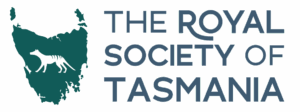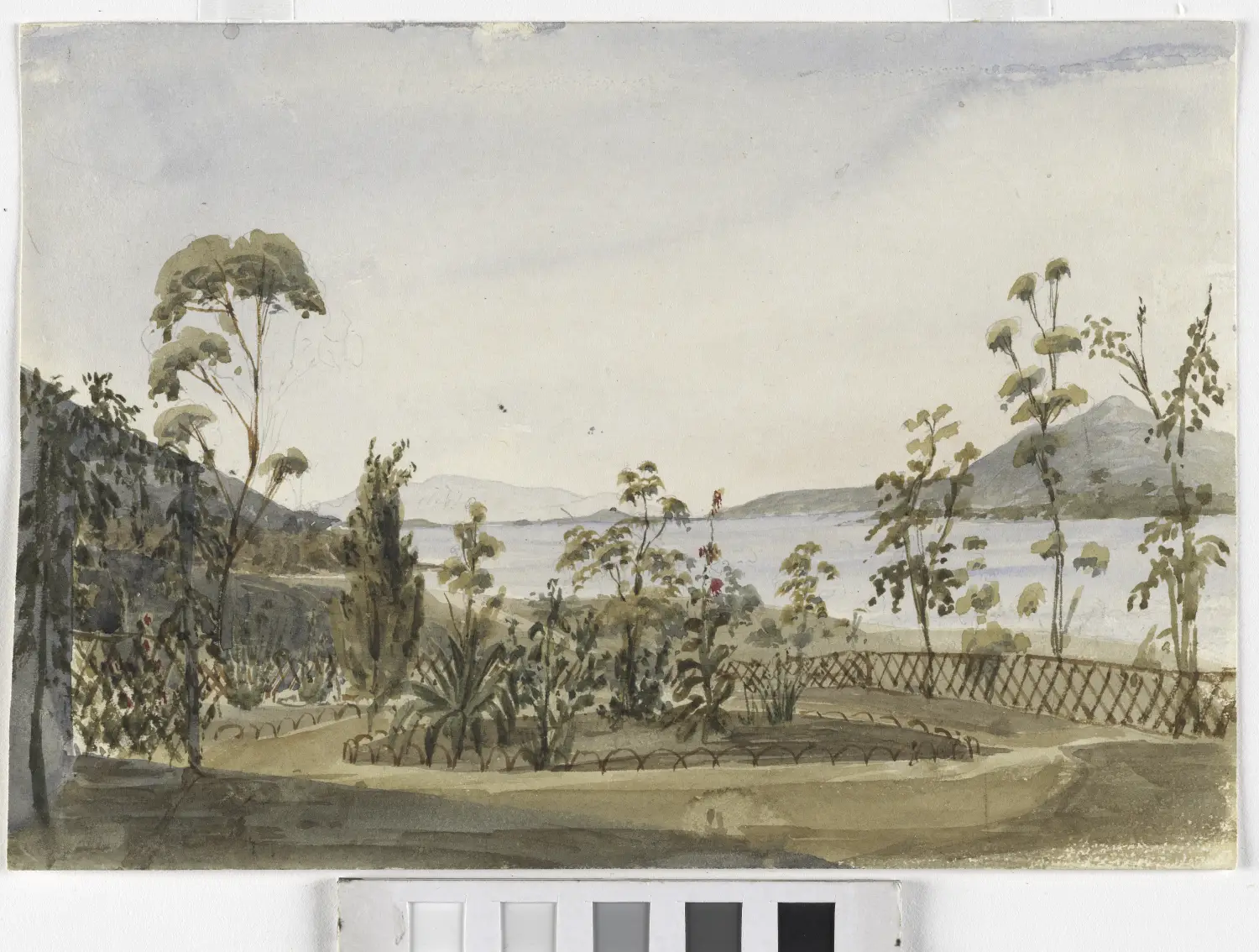Who do you trust when it comes to climate change? 6 November 2025 In September at the UN General Assembly, President Donald Trump called climate change “the greatest con job ever perpetrated on the world”. Instead, as climate change intensifies and bushfires become more frequent and destructive, the Royal Society of Tasmania (RST) invited members […]

RST Apology to Tasmanian Aboriginal people 2021.




